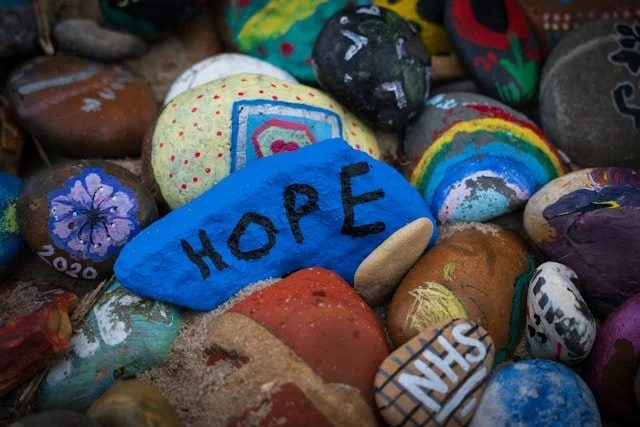Have you ever begun reading a passage in the Bible and started anticipating where it was going, and then it took a left-hand turn? I recently had one of those moments. In Romans 5, Paul takes four turns, each more surprising than the last. At the core of Paul’s argument is a counter-intuitive perspective on hope.
Having just worked through Abraham’s faith, Paul begins, “Therefore, since we have been justified by faith, we have peace with God through our Lord Jesus Christ. Through him we have also obtained access by faith into this grace in which we stand, and we rejoice in hope of the glory of God” (Rom. 5:1-2). I’m tracking with Paul here.














